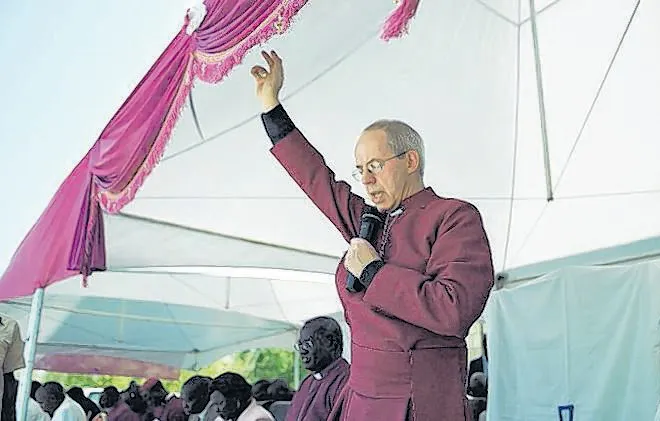On December 15, 2013, gunfire erupted in Juba and led to a conflict that has raged throughout South Sudan for several weeks. Fleeing, fighting and bloodshed, reminiscent of the recent civil war, will carry long-term consequences on the country’s development.
The current unrest began as a political struggle between forces loyal to President Salvir Kiir and those loyal to former vice-president Riek Machar. Kiir accused Machar of an attempted coup, while Machar blames Kiir for firing on forces loyal to the former vice-president. Two opposing political groups emerged and proceeded to battle one another, particularly in Jonglei and the Upper Nile states. Thousands of civilians have died and over 770,000 have fled their homes. ‘We spent all night running without sleep. We were so tired and thirsty, nowhere to get water. We slept in the bush; a lot of insects bitten us enormously. No showering for many days and wearing same clothes for the last seven days’, said an NGO worker who fled Bor.
Overcrowding and fear
Hundreds of thousands have fled to overcrowded camps where fears of food and water shortages are growing. ‘Number of civilians with acute & emergency food needs in #SouthSudan has risen from 1 million b4 15 Dec to well over 3 million’ (Tweet from UNOCHA South Sudan). As Kiir is of the dominant Dinka tribe and Machar a Nuer, there has been some ethnic-targeted violence. But it is believed the main cause of the conflict is political.


